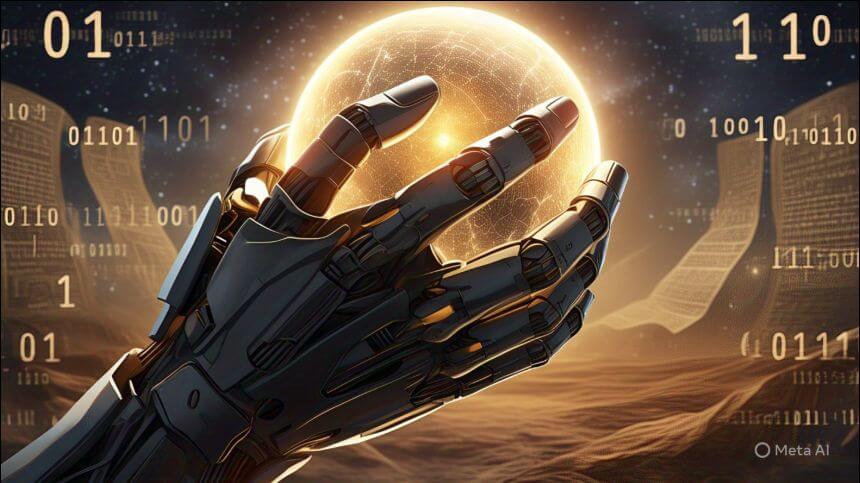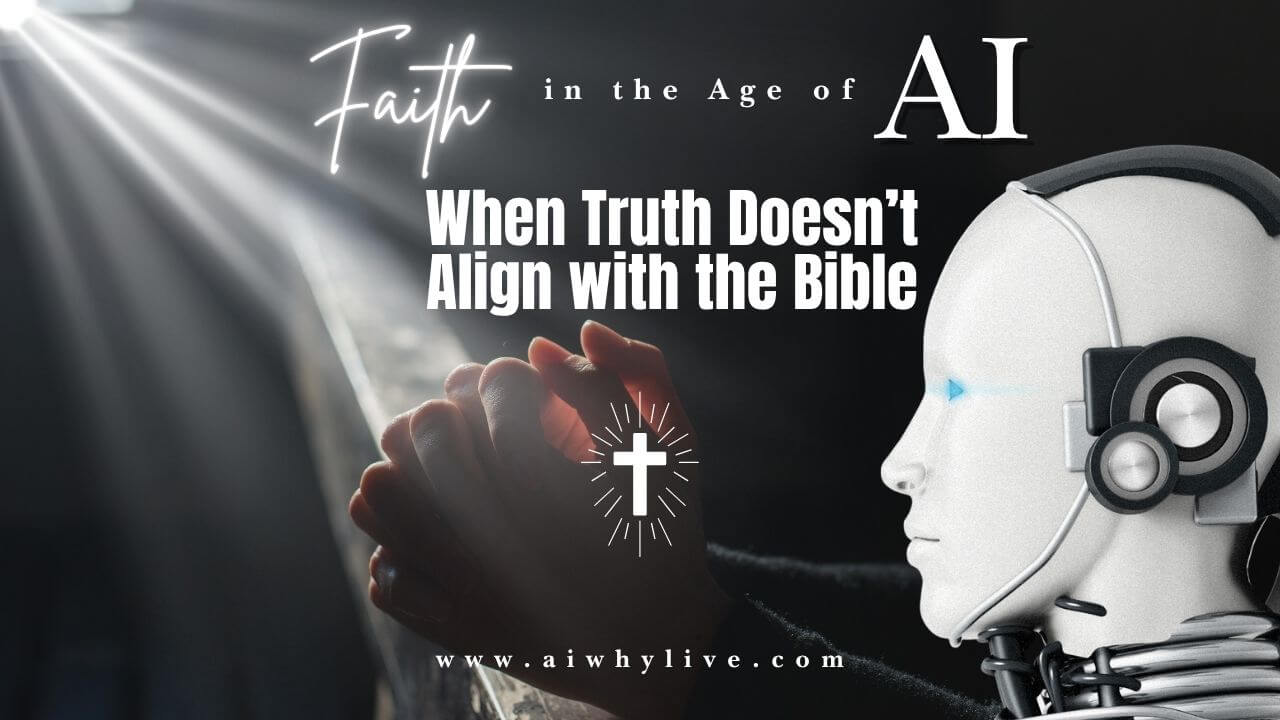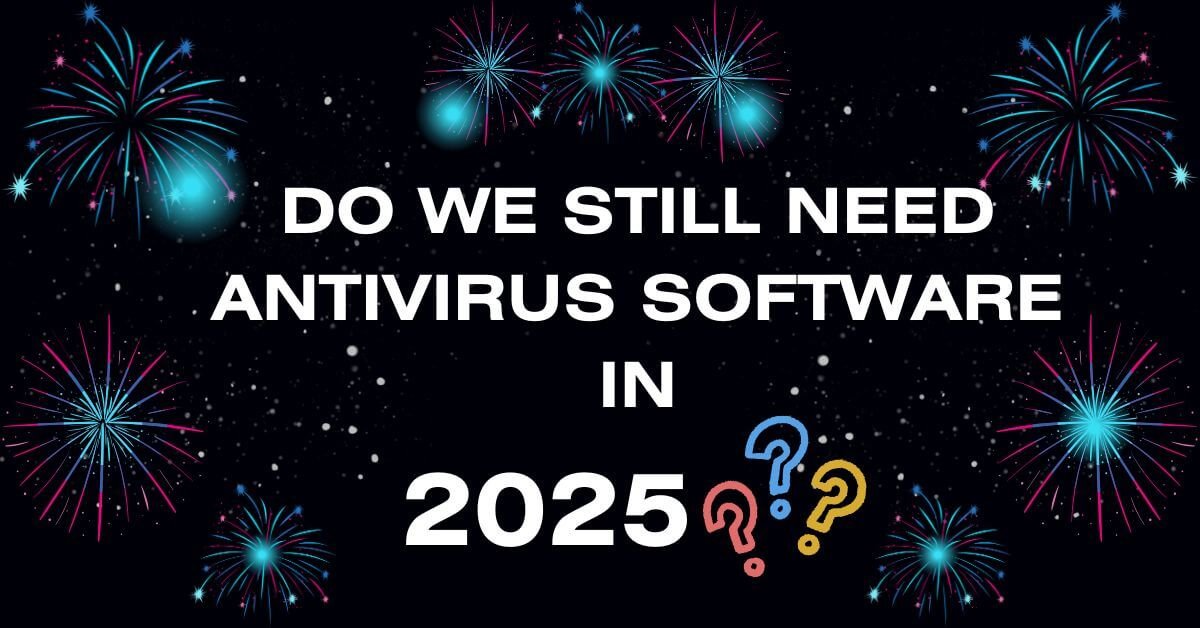Introduction: The Eternal Debate Between Faith and Reason
Faith and logic have long been seen as opposing forces—one rooted in belief, the other in empirical reasoning. While faith asks us to trust without proof, logic demands evidence before acceptance. But what happens when biblical narratives present events that defy rational explanation?
Can AI, a system built entirely on logic and data, analyze these paradoxes and offer insights? Or does faith exist beyond the realm of computation?
Let’s explore some of the most illogical biblical accounts and see how AI might interpret them.
1. The Creation Story: 6 Days vs. Billions of Years
The Bible states that God created the world in six days (Genesis 1:1-31). Science, however, estimates the Earth to be 4.5 billion years old, with life evolving over millions of years.
From a logical standpoint, AI would likely conclude that the six-day creation is metaphorical rather than literal. Many theologians argue that “days” in Genesis could represent long epochs, aligning with scientific timelines.
But faith doesn’t require scientific validation—it asks believers to accept divine authority over human reasoning.
2. Noah’s Ark: A Global Flood That Defies Logistics
The story of Noah’s Ark (Genesis 6-9) describes a worldwide flood that wiped out all life except for Noah, his family, and the animals aboard the ark.
Logically, AI would question:
- How did Noah fit millions of species onto a single ark?
- How did animals from different continents (kangaroos, penguins) reach the Middle East?
- How did a single family repopulate the Earth without genetic bottlenecks?
While science finds no evidence of a global flood, some scholars suggest it was a localized event, exaggerated over time. Faith, however, holds that divine intervention made the impossible possible.
For a deeper dive into biblical stories and scientific challenges, see Faith vs. Facts: Can AI Decode Biblical Truth?.
3. The Virgin Birth: A Biological Impossibility?
Christianity’s foundation rests on the belief that Jesus was born of a virgin (Luke 1:26-38). AI, analyzing human reproduction, would flag this as biologically impossible—conception requires fertilization.
Yet faith embraces miracles as acts beyond human understanding. AI might categorize the virgin birth as an unverifiable claim, but believers see it as a divine truth that transcends logic.
4. The Resurrection: Can AI Explain Life After Death?
Jesus’ resurrection (Matthew 28:1-10) is the cornerstone of Christianity. AI, trained on medical data, would assert that dead bodies do not return to life.
However, faith argues that resurrection is not a biological event but a supernatural one. AI may classify it as historically unprovable, but believers accept it as the ultimate act of divine power.
5. Joshua Commands the Sun and Moon to Stand Still
In Joshua 10:12-14, Joshua commands the sun and moon to stop moving so Israel could continue fighting a battle. The Bible claims that the celestial bodies paused for an entire day.
Scientific analysis would immediately raise concerns:
- Gravity: If Earth suddenly stopped spinning, catastrophic effects—tsunamis, tectonic shifts—would occur.
- Astronomical alignment: The sun doesn’t “move” relative to Earth—it’s Earth’s rotation that creates day and night.
- No recorded global impact: No scientific or historical accounts confirm an extended day outside of biblical references.
Some might speculate whether this event relates to natural phenomena like the midnight sun, where regions within the Arctic Circle experience continuous daylight during summer. However, Joshua’s event describes a worldwide pause, not a seasonal occurrence affecting only specific regions. Science attributes the midnight sun to Earth’s axial tilt, a predictable event, while Joshua’s miracle suggests instantaneous celestial intervention beyond known physics.
Despite this, believers view the event as a divine act that transcends physical laws, reinforcing the idea that faith operates beyond human reasoning.
Science Solidifies by Answering Skeptics—How About Faith?
Scientific advancements thrive on questions, skepticism, and empirical validation. When researchers challenge existing theories, science adapts, refines, and solidifies its foundation.
But what about faith? Does faith strengthen through doubt, or does it stand untouched by human questioning?
- For believers, faith doesn’t seek validation from science—it holds firm despite contradictions.
- Others argue that faith evolves through spiritual questioning, leading to deeper understanding.
- AI, incapable of spiritual intuition, can examine theology but can’t experience belief firsthand.
Unlike science, which grows through continuous refinement, faith exists as an unchanging trust in the unseen.
Conclusion: Can AI Bridge Faith and Logic?
AI can analyze inconsistencies, question logistics, and offer scientific explanations—but it cannot measure belief. Faith operates in a realm beyond logic, where miracles, divine intervention, and spiritual truths exist outside empirical validation.
Ultimately, faith and logic don’t have to be enemies—they can coexist, each serving a different purpose. AI may challenge biblical paradoxes, but faith remains a matter of conviction, not computation.






